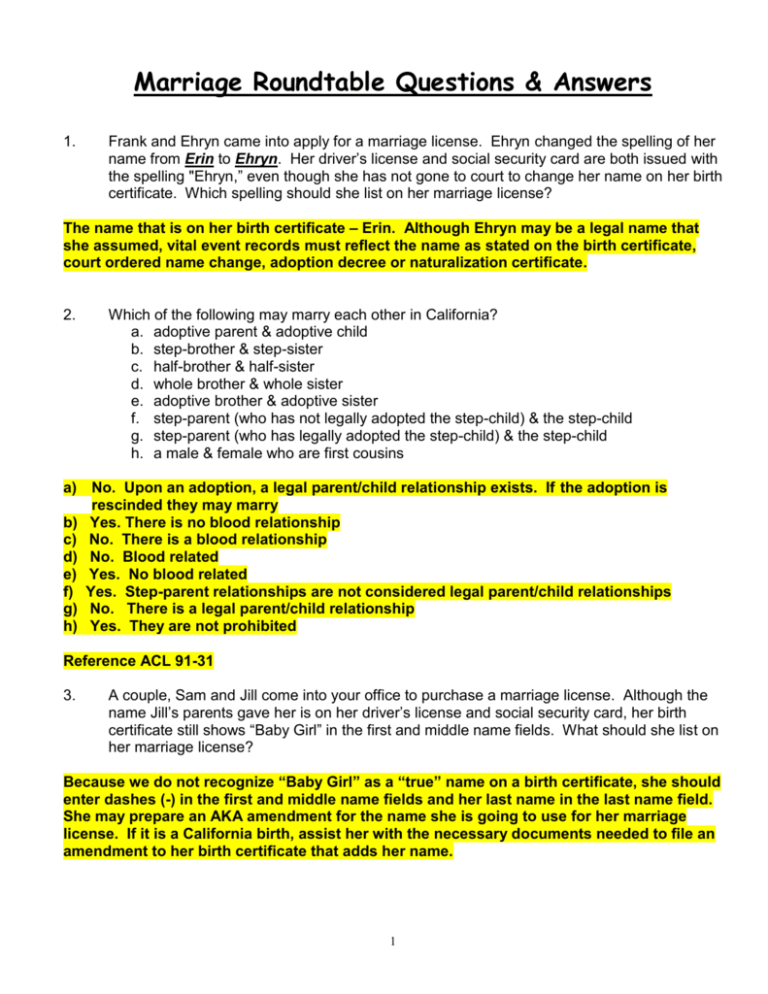Are you prepared for the journey of marriage? A bold statement to consider is that understanding your partner before marriage can significantly enhance marital harmony. The better you know each other, the smoother the relationship will run. Engaging in meaningful discussions about expectations, values, and life goals can pave the way for a successful union. Asking the right questions before tying the knot can open doors to deeper understanding and mutual respect.
Many couples overlook the importance of premarital discussions, often assuming they know everything about their partner. However, delving into topics such as family dynamics, financial management, religious beliefs, and future aspirations can prevent potential conflicts down the road. It's crucial to address both practical and emotional aspects of the relationship. For instance, discussing how household responsibilities will be divided or exploring each other's views on parenting can provide valuable insights. Furthermore, addressing sensitive subjects like past relationships or personal insecurities can foster trust and transparency.
| Personal Information | Details |
|---|---|
| Name | Aisha Khan |
| Date of Birth | January 15, 1985 |
| Place of Birth | Karachi, Pakistan |
| Career | Family Counselor |
| Education | Master’s Degree in Psychology |
| Professional Experience | 10 years in marriage counseling |
| Website | Aisha Khan Family Counseling |
In Islamic culture, marriage is considered a sacred bond, and asking pertinent questions before marriage is highly encouraged. Muslim couples often face unique challenges, which makes thorough premarital discussions even more vital. Understanding each other's religious practices, cultural traditions, and familial expectations can strengthen the foundation of the relationship. Questions related to faith, such as prayer routines, fasting observances, and community involvement, should be openly discussed to ensure compatibility in spiritual matters.
Beyond religious considerations, practical aspects of married life must also be addressed. Financial planning, career aspirations, and living arrangements are essential topics that require clear communication. Both partners should have a realistic understanding of their financial responsibilities and long-term goals. Discussing these issues beforehand can prevent misunderstandings and reduce stress in the early years of marriage. Additionally, exploring each other's perspectives on social interactions, friendships, and leisure activities can help align expectations and create a balanced lifestyle.
For Muslim couples, it's important to recognize the significance of family in their lives. Understanding each other's family dynamics and how they might influence the marriage is crucial. This includes discussing how often visits to extended family members will occur, how conflicts with in-laws will be handled, and how cultural traditions will be incorporated into daily life. By addressing these concerns upfront, couples can establish healthy boundaries and maintain harmony within their immediate and extended families.
Moreover, couples should consider seeking guidance from experienced professionals or mentors who can offer valuable advice based on their expertise. Family counselors, religious leaders, or seasoned married couples can provide insights and support during the premarital phase. They can help navigate complex issues and offer strategies for resolving potential conflicts. Utilizing resources such as books, workshops, or online platforms dedicated to premarital preparation can also be beneficial.
In some cases, couples may choose to document their discussions and agreements in a prenuptial agreement. While this might seem formal, it serves as a practical tool for clarifying expectations and protecting individual rights. It can cover various aspects, including asset distribution, financial contributions, and decision-making processes. Having a well-thought-out plan can provide peace of mind and serve as a reference point if disputes arise in the future.
Another critical aspect to consider is the role of gender equality in marriage. In Islam, both husband and wife are equal partners with distinct roles and responsibilities. Encouraging open dialogue about gender roles can promote mutual respect and understanding. Couples should discuss how they envision sharing household chores, making decisions, and supporting each other's personal growth. Embracing equality in marriage fosters a partnership where both individuals feel valued and respected.
Furthermore, addressing taboo topics such as intimacy and personal boundaries is essential for building a strong emotional connection. Many couples shy away from discussing these subjects due to societal norms or personal discomfort. However, creating a safe space for honest conversations can enhance intimacy and strengthen the bond between partners. Seeking professional guidance or educational materials, such as PDFs or online resources, can provide helpful tips and insights for navigating these sensitive areas.
Ultimately, preparing for marriage involves more than just knowing your partner's likes and dislikes. It requires a deep understanding of each other's values, beliefs, and aspirations. By engaging in thoughtful discussions and addressing key questions, couples can lay a solid foundation for a lasting and fulfilling relationship. Remember, the journey of marriage begins with open communication, mutual respect, and a commitment to growth together.
In addition to personal questions, there are broader societal implications to consider. For example, understanding religious discrimination and its impact on marriage can provide valuable context. Wamiq, who was raised as a Muslim but no longer practices Islam, faced challenges related to his identity and beliefs. His experience highlights the importance of respecting individual choices and fostering an inclusive environment where all partners feel accepted and supported.
When examining different types of marriage in Islam, it becomes evident that cultural and historical factors play significant roles. Polygamy, for instance, has been a topic of discussion and debate within the Muslim community. Exploring why Islam allows men to have multiple wives and the societal functions of polygamous marriage can deepen one's understanding of the religion's teachings. These discussions should be approached with sensitivity and respect for diverse perspectives.
Finally, recognizing the legal protections available under employment laws related to religious discrimination can empower individuals to make informed decisions. The U.S. Equal Employment Opportunity Commission provides guidelines for accommodating religious practices in the workplace, ensuring that employees can practice their faith without fear of retaliation. Staying informed about these rights can contribute to a supportive environment for all individuals, regardless of their religious background.



